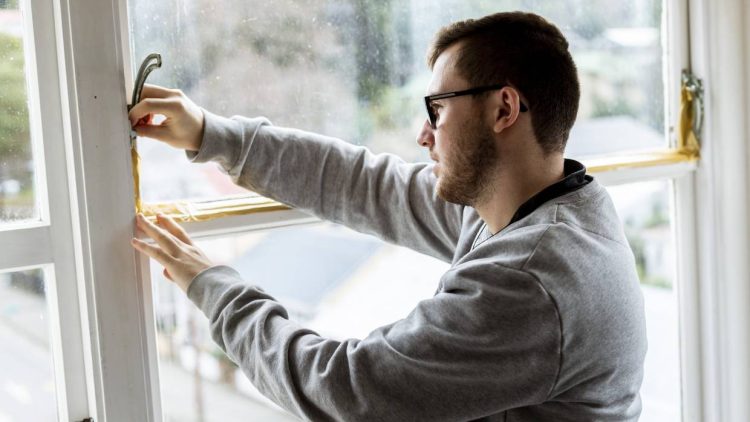New Zealand could benefit from a massive investment program aimed at fixing the country’s unhealthy homes. According to a report by Business and Economic Research Limited (BERL), households could gain $116 billion worth of benefits despite a hit to economic growth. The report, commissioned by the Building Research Association of New Zealand (BRANZ), looked at retrofit programs from overseas, including one from the Republic of Ireland, that could be applied in New Zealand.
The study assessed three scenarios with retrofit programs ranging from the cheapest, estimated at $26.6 billion, to the most expensive, at $58.1 billion. In all three scenarios, the country’s gross domestic product (GDP) would be lower in 2050 compared to a business-as-usual forecast, with no retrofit program. However, households would see $116 billion worth of benefits, which would translate into gains in health, productivity, and energy use.
Senior consultant Nick Robertson said that household incomes would increase as a result of the benefits of the retrofit program, leading to a domestic economic impact. The report shows that GDP is not a great measure of economic performance as it only considers the economy as a whole and doesn’t show how it could be concentrated among the population.
Robertson also emphasized that a retrofit program is an investment in New Zealanders’ health, leading to productivity gains and less time off due to sickness. The report’s findings support the need for investment in New Zealand’s housing stock to provide a healthier and more productive environment for its citizens.






























































